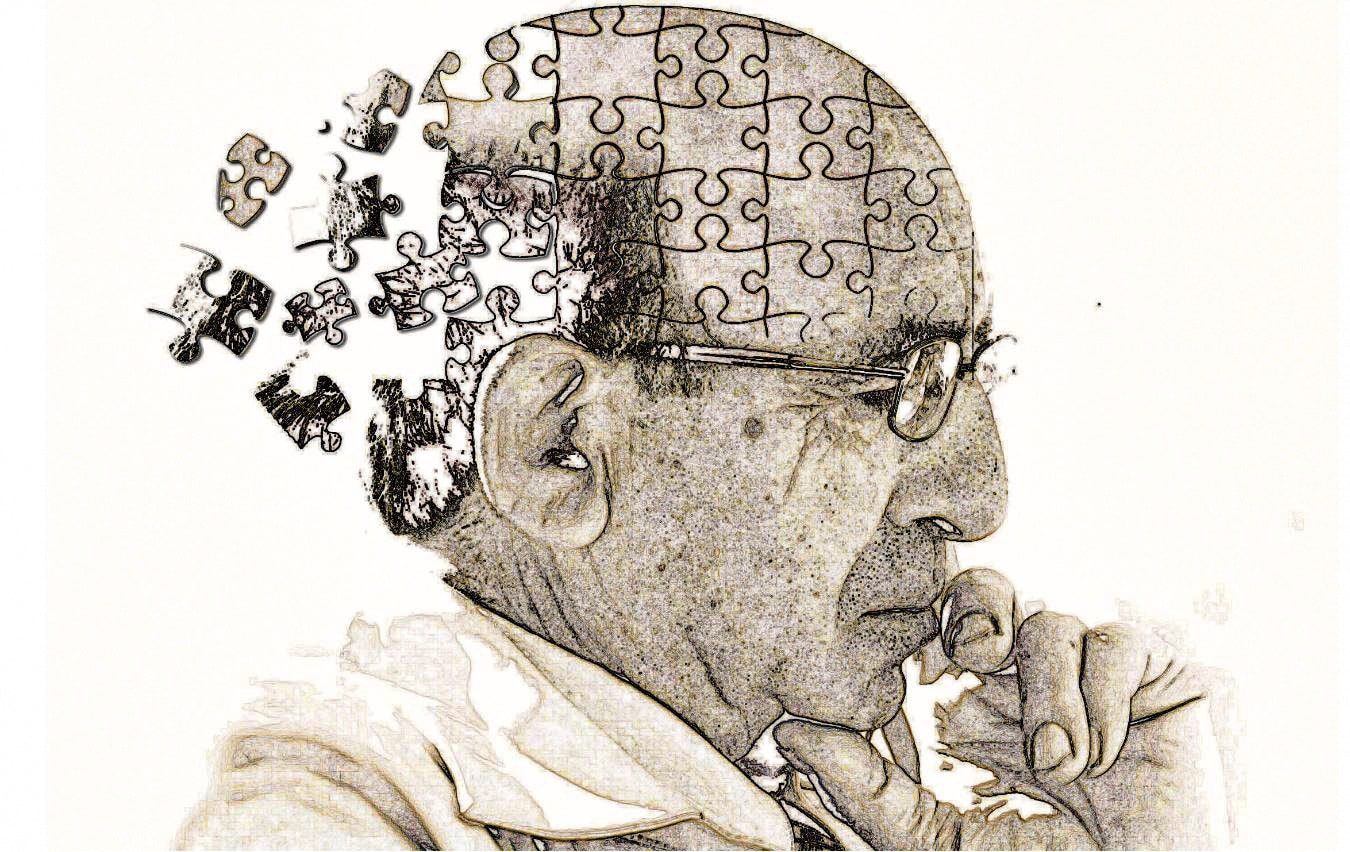Dementia is a group of symptoms linked with brain impairment. Alzheimer’s disease, a brain ailment that gradually affects memory and cognitive abilities, is the most frequent cause of dementia.
It is widely seen as an unavoidable byproduct of the aging process (even though it is not), but certain diets and activities may increase your risk.
Memory loss and loss of practical ability are the most prevalent symptoms of dementia. These symptoms often result in a retreat from work or social activities.
A person may also become relatively inactive, spending hours in front of the television, resting more than usual, or appearing to lose interest in activities. According to University College London researchers, excessive watching may cause memory loss and contribute to the development of dementia.
They observed that persons over 50 who watch more than 3.5 hours of television every day are more likely to lose their memory. Overuse of technology, sometimes known as digital dementia, may decline cognitive capacities in children and teenagers who are subjected to excessive screen time.
Other Signs and Symptoms Include:
- Difficulty carrying out routine chores
- Language issues Disorientation in time and location
- Inadequate or diminished judgment
- Having difficulty keeping track of stuff
- Misplacing items
- Mood and behavioral changes
- Images and spatial interactions are causing problems.
Health organization wrote that if you’re concerned about someone else, urge them to arrange an appointment with a GP and possibly recommend you accompany them. The GP can perform some easy tests to determine the origin of your problems, and if necessary, they may send you to a memory clinic or another expert for more testing.
There are certain risk factors for dementia that you cannot control, but there is growing evidence of strategies to reduce your risk.
Cardiovascular disease (CVD) is one modifiable risk factor. This condition affects the heart or makes it difficult for blood to flow throughout the body.
“CVD can greatly increase a person’s risk of developing dementia,” warns the Alzheimer’s Society (AS).












Leave a Reply